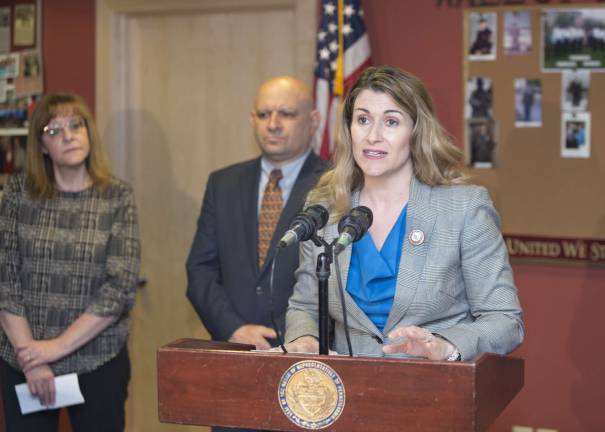New law expands AG's power to address homeowner association disputes

Residents of private communities in Pennsylvania have been given an additional resource to help resolve complaints against their "micro-governments."
Gov. Tom Wolf on May 4 signed House Bill 595, sponsored by Rep. Rosemary Brown (R-Monroe/Pike), to expand the powers of the Attorney General’s Bureau of Consumer Protection regarding how Homeowner Association disputes are handle.
"This is a true victory for residents who live within private communities because it offers them a mechanism for assistance with certain types of serious complaints besides a costly private lawsuit," Brown said in statement. "It is to encourage mediation on all levels and to offer residents and investigation when necessary, protecting their rights."
Title 68 of the state's Consolidated Statutes (Real & Personal) already allows for complaints regarding financial documents to be filed with the Bureau of Consumer Protection.
In addition, the new law will authorize the bureau to investigate and promote mediation with serious complaints that may be a violation of other portions of Title 68. These include conduct of meetings, quorums, voting and proxies and other association records.
The law requires condominiums, cooperatives and planned communities to attempt to resolve disputes through alternative dispute resolution. Mediation can be utilized only when accepted by both parties.
The bill passed unanimously in the House and Senate. It takes effect 60 days after the governor's signature.
Brown estimates that nearly one-quarter of the state's residents live in some form of self-governing community. She said in an interview that there was "a great demand" for her proposal, which she first made four years ago. Her office receives many complaints about private communities, but until now, she said, they have "fallen into a black hole."
Brown added that her bill will put pressure on the directors of homeownes associations "but in a positive way."
She is not sure how many complaints the bill will generate. According to the House Appropriations Committee, the total under the current system has varied from 114 in 201 to 41 in 2015.